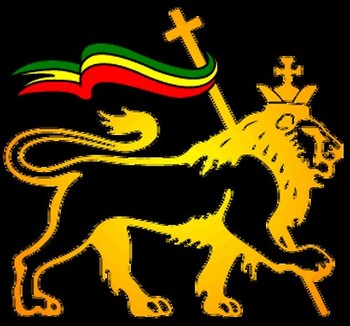
The Sunday Mail

Kwanzaa is rocket science amongst the general Black population, just like the Black History Month.
Marcus Garvey said and l quote, “A people without knowledge of their past is like a tree without roots.”
Dr Ron Daniels, President of the Institute of the Black World 21st century and distinguished Lecturer at York College City and the University of New York has this to say on the subject in his essay, “The Nguzo Saba and Kwanzaa in a time of crisis.”
“One of the greatest triumphs of Black Power, Black Nationalist and Black Consciousness movements of the 60’s and 70’s was the widespread embrace of the Nguzo Saba, the Seven Principles of the Black Value System, and Kwanzaa, the African American holiday created by Dr Maulana Karenga.
As an authentic genius and master teacher, a fundamental tenet, Karenga’s thought is that ‘the key crisis in Black life is the cultural crisis.’
He has consistently argued that an appreciation of one’s own history and culture is vital in developing a healthy self-concept and positive view of the racial/ethnic group to which you belong.
Hence Karenga ‘returned to the source’ – Africa – to construct a value system for the sons and daughters of formerly enslaved Africans in America.
He systematically researched the world-view and traditional way of life which has sustained African people for thousands of years.
After exhaustive study, Dr Karenga developed Kawaida, ‘the doctrine of tradition and reason,’ as a theoretical framework and practical guide for the liberation and restoration of an oppressed people. The Nguzo Saba contains the core values of Kawaida and the foundation for Kwanzaa.
The first Principle in the Nguzo Saba is Umoja/Unity. That Africans in America should be unified or act in concert to confront the State of Emergency should be self-evident.
However, achieving Black unity can be challenging and illusive. In the name of pursuing the interests of Black people, what we have in the Black community is a myriad of leaders and organisations that all too often compete rather than cooperate with each other.
Moreover, various leaders and organisations have different ideologies and strategies for achieving full freedom or liberation. There is also a ‘class divide’ between the more affluent sisters and brothers who have benefited for the ‘movement’ and moved up in the world and the dispossessed left behind in abandoned and devastated ‘dark ghettos’ – the hood.
Overcoming disunity requires a conscious effort to create ‘united front’ structures that bring people together despite their differences in philosophy and approach. Dr. Karenga has advocated for ‘operational unity’ as a concept to enable leaaders and organizations to work together.
Operational unity means focusing on issues and areas where there is agreement among organisations and leaders rather than disagreement. Dr Karenga calls this ‘unity with uniformity.’ With so many problems affecting the Black community, the goal of operational unity is to have leaders and organisations act collectively around specific issues, projects and initiatives they agree on.
The second principle is kujichagulia/self-determination. There has been much talk about a ‘post-racial society’ in the aftermath of the election of Barack Obama as America’s first African American president. There have always been some within the race who wanted to escape the ‘burden’ of their blackness.



